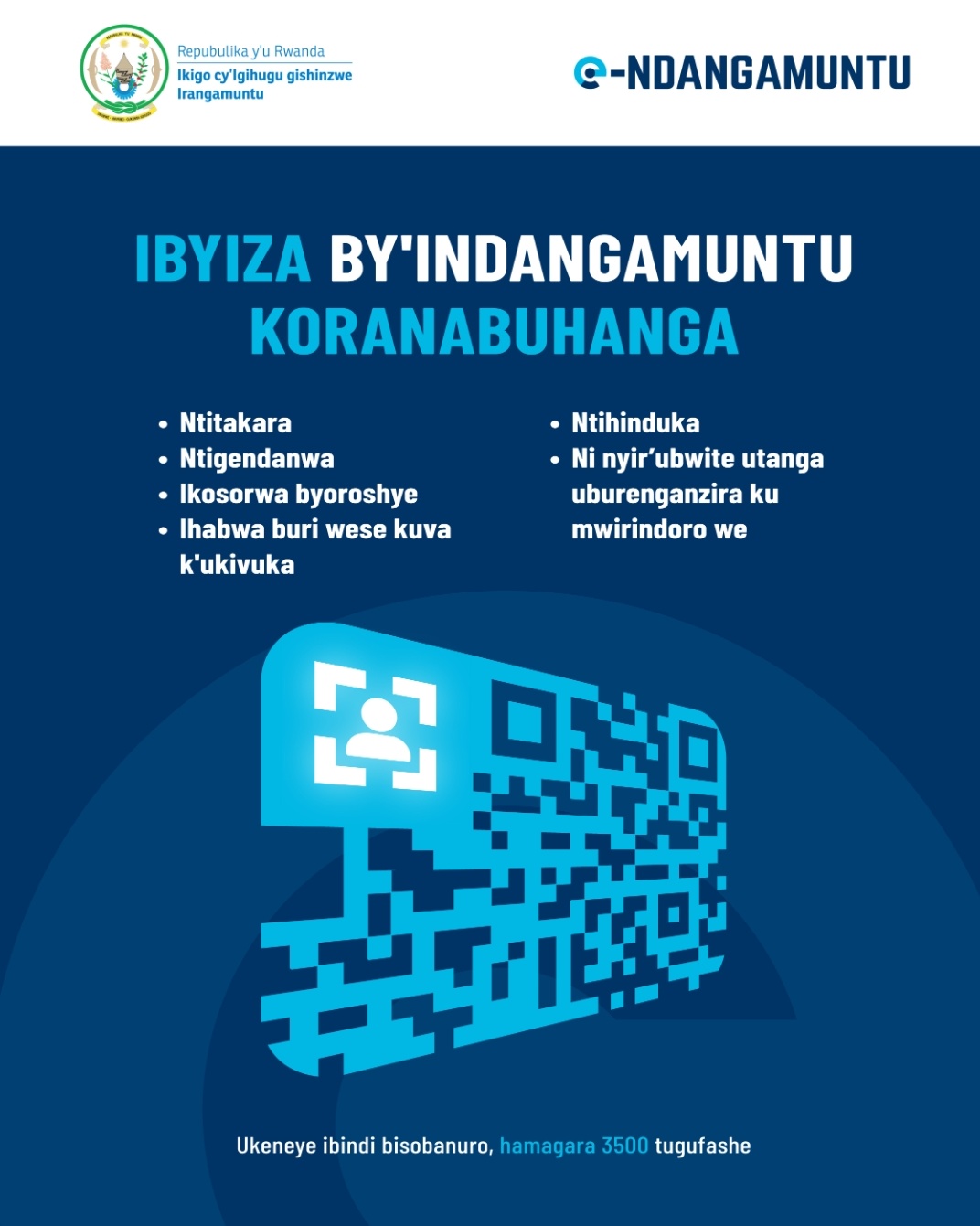
Despite being a member of the East African Community (EAC) — a regional bloc that promotes the free movement of people and goods — Tanzania has decided to prohibit small-scale foreign traders from operating within its territory. This restriction also affects Rwandan traders who were running informal or small businesses in Tanzania.
Speaking to Radio & TV10 on Thursday, Walter Hunde, the spokesperson for Rwanda’s Private Sector Federation (PSF), confirmed the development and said the Rwandan side has requested Tanzania not to mistreat Rwandan traders working in the country.
“In those countries, sometimes it escalates into a full-on manhunt. If a law is enacted to prohibit foreigners from engaging in small-scale trade, there are better ways to implement it — such as providing subsidies to their citizens while denying the same to foreigners, but without outright banning them”, Hunde made remarks.
He encouraged Rwandans who have been negatively affected by this restriction to return home and conduct their businesses in Rwanda. He added that the matter should now be handled through diplomatic channels, as it has moved beyond being a simple issue for private sectors and has become a matter of international relations between the two countries.
Hunde also emphasized that Rwanda’s PSF has no intention of retaliating against Tanzanian citizens operating businesses in Rwanda. Instead, he called on relevant authorities to resolve the issue through diplomacy.
This development comes shortly after the Foreign Affairs Ministers of Rwanda and Tanzania signed a trade agreement last week aimed at promoting large-scale investment. That agreement also allowed Tanzania’s national airline to operate commercial flights between the two countries.
While acknowledging Tanzania’s sovereign right to prioritize the economic advancement of its citizens by restricting foreign informal trade, Hunde noted that such policies risk isolating the country economically. He warned that Tanzania stands to lose out on the benefits of cross-border trade, especially given that small-scale businesses had been generating tax revenue for the country.
What’s unfolding now reflects a trend previously seen among global economic powers such as the USA, China, and Russia, where protectionist trade policies spark tensions. However, such trade disputes are now surfacing within East Africa itself. In fact, Kenya has already warned that it may retaliate if Tanzania does not reverse its decision.









